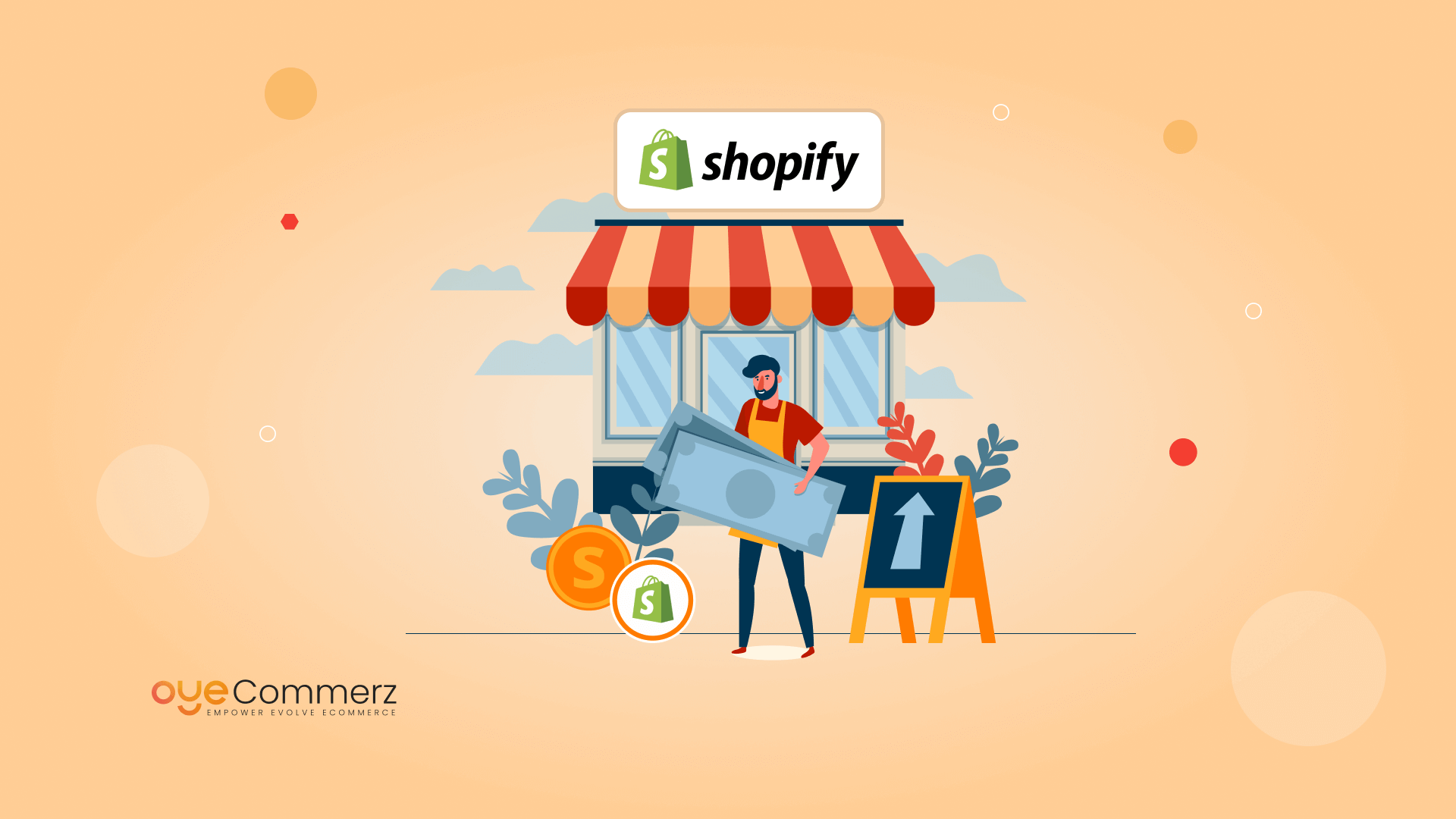Overview
In today’s competitive e-commerce environment, differentiating is essential, and a top method to differentiate a Shopify store is through custom app development. A robust Shopify app can enhance store capabilities, streamline operations, and boost customer engagement. This guide delves into key elements of Shopify app development, from API integration to growth techniques and digital marketing approaches, providing a roadmap for companies seeking superior store performance.
Why Shopify API Integration Matters
Shopify’s API provides powerful tools to personalize and extend store functionalities. With GraphQL and REST APIs, developers can retrieve information to create apps that handle inventory management, order handling, and customer data management seamlessly. Using Shopify’s API can lead to better workflow automation and enables stores to serve customers more effectively.
Adopting the Polaris Design System
Polaris is Shopify's set of design guidelines for creating intuitive and easy-to-use Shopify apps. By adhering to Polaris principles, developers ensure that apps seamlessly integrate within the Shopify Admin experience. This ensures a cohesive appearance that resonates with Shopify merchants, encouraging ease of use and familiarity for merchants utilizing your custom app.
Understanding the Shopify App Ecosystem
The Shopify app ecosystem provides numerous opportunities for enhancing online stores. From managing fulfillment processes to increasing customer interaction, apps in this ecosystem are tailored to meet various business needs. Learning about this system helps developers in identifying unique app ideas and enables seamless integration of third-party services that enhance the store.
Building Embedded Shopify Apps
Embedded apps integrate directly within the Shopify Admin, providing a smooth interface for merchants. They ensure that merchants do not need to navigate away from their Shopify control panel, simplifying their process. Using Shopify App Bridge and embedded app capabilities is recommended for offering a unified, well-integrated user experience.
Leveraging Node.js and React for Shopify Development
The technologies Node.js and React have emerged as ideal tools for Shopify app development. Node.js enables high-performance back-end services, while React allows for interactive and adaptive front-end user interfaces. Combined, they provide an excellent platform for creating speedy, scalable Shopify apps that improve store functionality and customer engagement.
Webhooks in Shopify Apps
Webhooks enable instant data synchronization between Shopify and an outside application. They trigger events such as new orders or inventory updates and provide immediate notifications to your app. By implementing webhooks, apps can deliver real-time information to store owners, streamlining workflows and increasing productivity.
Engaging Customers Through Digital Marketing for Shopify Apps
To make a Shopify app successful, connecting with users is crucial. Utilizing digital marketing strategies like SEO, email marketing, and social media campaigns can drive app adoption. Additionally, creating applications with customer engagement in mind (e.g., loyalty programs or personalized recommendations) boosts user loyalty and loyalty.
Making Your Shopify App Scalable
As e-commerce stores expand, so do their technological needs. Making sure that your app can Advanced Shopify features manage increased traffic, larger databases, and more complex functionalities is critical. By improving server resources and using scalable technologies, you can create apps that expand in parallel to a store’s growth.
Important Features and Maintenance Tips for Shopify Apps
For an app to be useful, it should include essential features like user authentication, analytics dashboard, and support channels. Ongoing app upkeep, with updates to fix bugs and ensuring compatibility with new Shopify features, is vital to maintain uninterrupted performance and avoid interruptions to business processes.
Summary
Custom Shopify app development holds vast potential for e-commerce stores, offering the ability to improve store functionality, simplify operations, and foster customer loyalty. From integrating APIs to focusing on scalability and customer interaction, building a Shopify app involves careful planning and well-planned actions. If you’re ready to elevate your e-commerce experience, a tailored Shopify application may be the ideal choice. What features do you envision for Custom solutions for Shopify growth your dream application? Share your ideas and take the first step toward an enhanced e-commerce journey!
